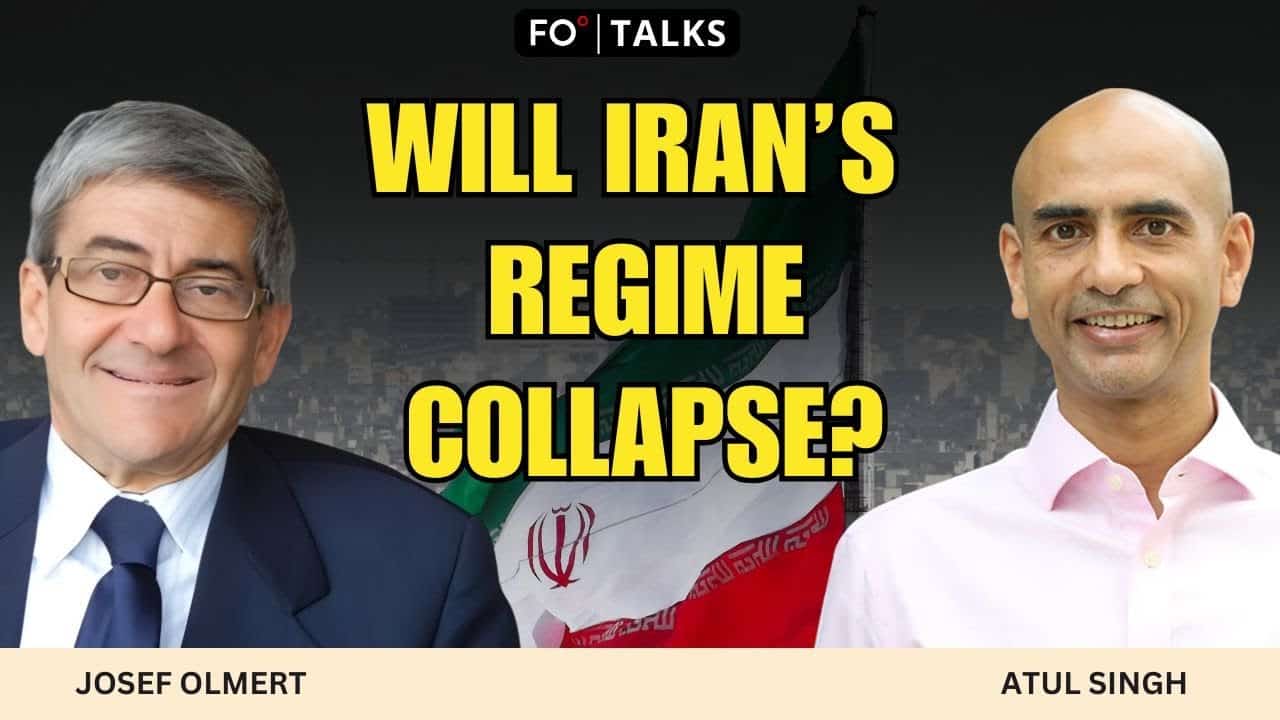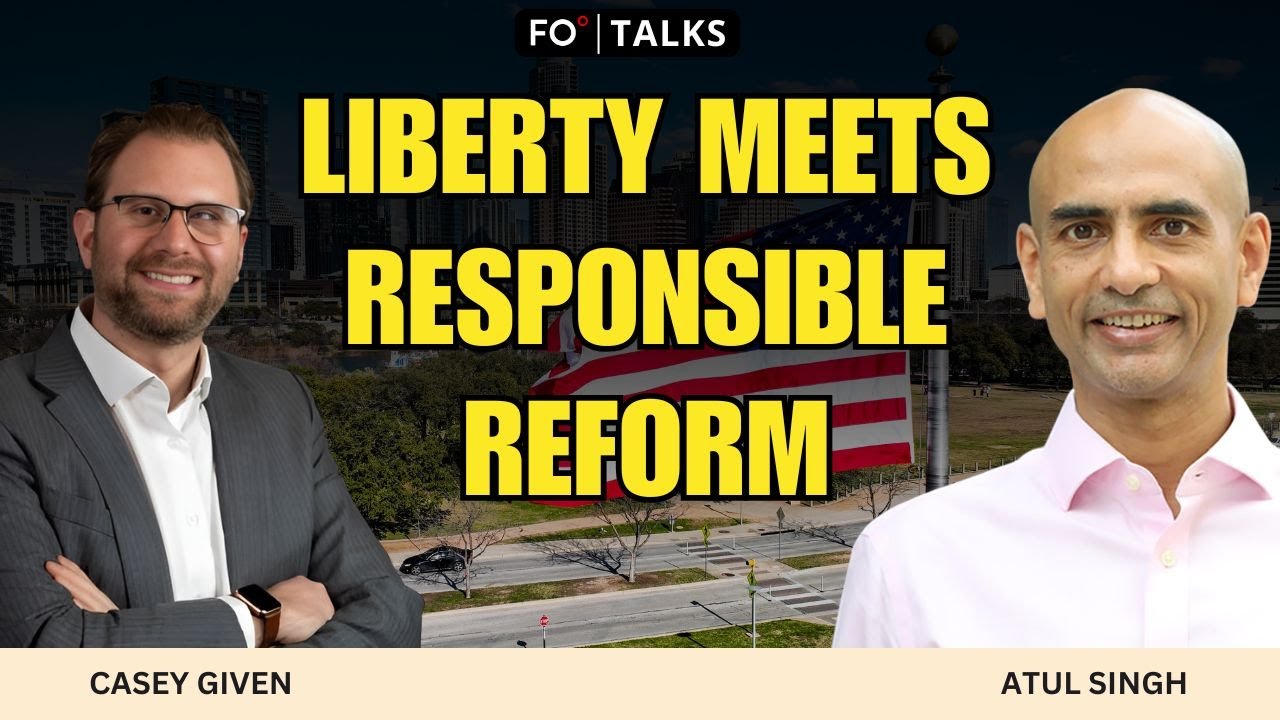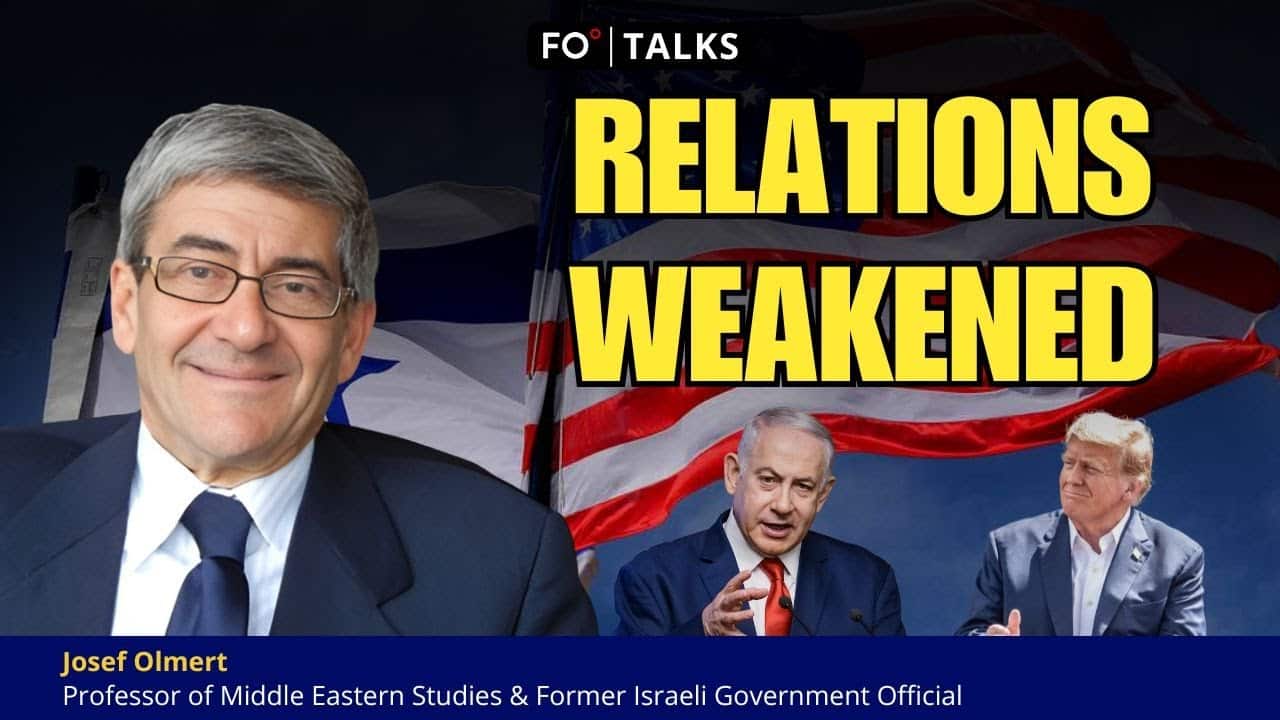Afghanistan is in turmoil. The democratic government installed by the US collapsed after 20 years. This government was a result of a US-led attempt to modernize and reform Afghanistan. However, this Kabul regime lost popular support because of pervasive corruption and fell even before the last US troops left in 2021.
In the first part of this discussion, we dive into the history of Afghanistan. According to Barfield, the real problem for the democratic regime was simple: Afghans had never reached a consensus on what direction their country should take.
From its founding in 1823, Afghanistan’s monarchy was primarily concerned with centralizing power. Its goals were political, not ideological. The monarchs waged war across Afghanistan to subject the different tribes to their rule. They managed to retain power and independence despite the British Empire ruling British India to their east and dominating Iran to their west.
This does not mean that Afghanistan avoided British influence altogether. In 1928, King Amanullah Khan toured several Western capitals, including London, and returned to introduce reforms that would modernize his nation. His attempt to impose modernity resulted in a civil war. A period of unrest followed. Amanullah fled into exile and two of his successors were killed.
When the dust settled, young Mohammed Zahir Shah became king. Real power resided in his uncles’ hands though. The new regime bid adieu to modernity and let Afghans carry on as before. This settlement ended up keeping the peace in Afghanistan for 50 years. Some modernization of Afghanistan inevitably occurred, but the bigwigs in Kabul did not rock the boat with a reformist ideology. Their concerns, like those of the early Amirs, were more pragmatic.
In 1973 Daoud Khan, the prime minister, conducted a bloodless coup and ended the monarchy. Although he declared himself as president, he was a close relative of the monarch and was perceived more or less as another king. Khan consolidated power by suppressing right-wing Islamist forces but underestimated the strength of the Afghan left.
In 1978, Khan tried and failed a mass arrest of communists. This precipitated a coup by communist elements in the military, bringing an end to his rule.
Barfield’s Afghanistan: A Cultural and Political History is published by the Princeton University Press. You can buy the book here.
[Anton Schauble wrote the first draft of this piece.]
The views expressed in this article/video are the author’s own and do not necessarily reflect Fair Observer’s editorial policy.







































Comment